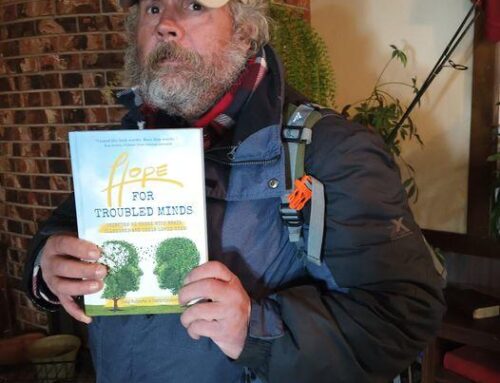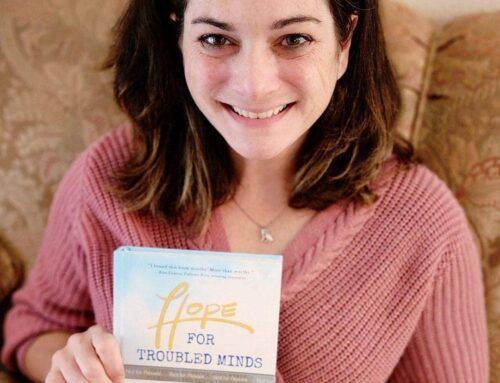“But if thought corrupts language, language can also corrupt thought.” ― George Orwell, 1984
“… speaking the truth in love, we will grow to become in every respect the mature body of him who is the head, that is, Christ.” (Ephesians 4.13)
Language can build up. It can also tear down. Language can reveal truth or it can perpetuate lies. An inspired Word creates the world. A death-dealing sentence can go a long way to destroying it.
When I studied for ministry, I became keenly aware of how language impacts people. It was 1989, the year the New Revised Standard Version of the Bible came out. This version, among other things, changed the male pronouns referring to humanity to more gender-neutral ones. It was quite awkward for me at first, but I got used to it and the more I studied the original languages and the evolution of the English language, I could appreciate why the changes were made.
Yet, there are other changes I have not been able to accept. Like changing God’s relational deity, “Father, Son, Holy Spirit,” to something functional like, “Creator, Redeemer, Sustainer.” This may make the language more palatable for some, but too much sacred stuff is lost in the process.
A similar battle over language has been waged in the field of mental illness. I was diagnosed with bipolar disorder in 1995. It was still commonly called manic-depression, both by the general public and some treatment professionals. Personally, I don’t know why the change was made. My moods lead me either to mania or depression, not to two obscure “poles.” Yet, perhaps, the public’s perception of manic-depression still evoked the crazy aunt locked away in the attic, or the ax-yielding lunatic stalking through the woods. So, to change perception, a new label was needed.
Language is best when it is both precise and kind. As Orwell noted, language corrupts thought when it is denigrating and not understood in the proper context. When we say someone “committed suicide,” we implicitly suggest it was a criminal act. When we say, “He is schizophrenic,” we imply that the mental illness is his sole identity, not an isolated medical condition. In a different vein, if we say, “She has OCD,” for no other reason than she keeps a clean house, we are misrepresenting both about the woman and the mental illness.
You may be wondering at this point, “So how am I supposed to talk about mental illness?” Or, maybe you’re fed up with all this “political correctness,” or, as some call us, “The Language Nazis.”
Sometimes it’s not what we say, but how we say it.
Let me tell you a story…
When I was in the psych hospital after my suicide attempt, I asked for a visit from a chaplain. After a couple days, one appeared. He was a middle-aged man, clean-shaven, wearing an expensive black suit and a gold cross about the size of a Buick hubcap. Before I even had a chance to speak, he launched into a psycho-spiritual diatribe, using all the words current in the latest theological text and the Diagnostic Statistical Manual. I am educated in both fields and knew the words he spoke, but had no idea what he was saying.
The next time I was in the hospital, it was Holy Week. I definitely wanted pastoral support, so I asked to see the chaplain again, hoping they’d send someone else.
They did. They sent a Korean-American woman. I can’t tell you what she wore. I only remember her disarming grin and peaceful eyes. She sat down beside me in the common room and introduced herself. I can’t tell you her name, because her accent was so thick, I couldn’t understand it. She sat beside me, sharing in my silence, then said, simply, “How do I help?”
I asked if she would pray for me. She bowed her head and spoke the most beautiful prayer I’ll never understand in all my life.
Discover more from Delight in Disorder
Subscribe to get the latest posts sent to your email.








